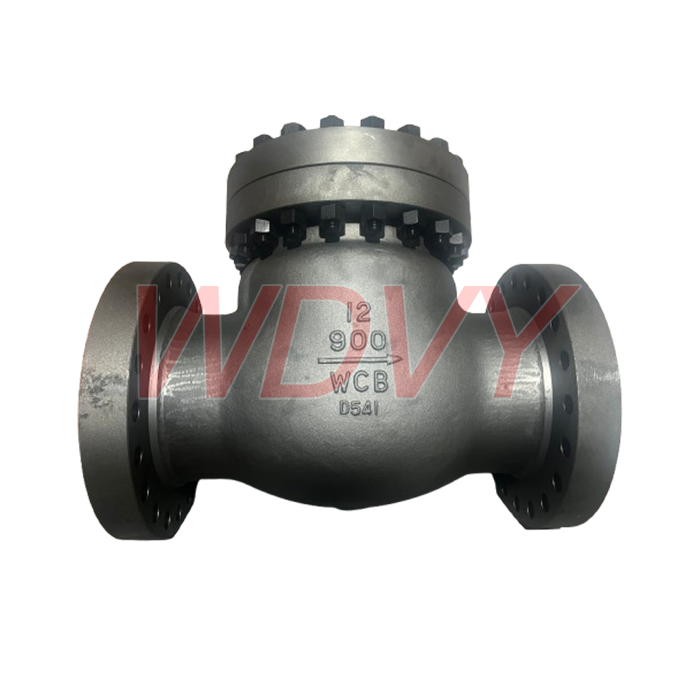In an era where cyber threats are increasingly sophisticated, the importance of a robust firewall cannot be overstated. Firewalls serve as the first line of defense against unauthorized access and malicious attacks, making the selection of the right firewall a critical decision for both individuals and organizations. This article delves into the multifaceted considerations involved in choosing a firewall, ensuring that you make an informed and strategic choice.
Understanding Firewall Types
Before diving into the selection process, it’s essential to understand the different types of firewalls available:
- Packet-Filtering Firewalls: These operate at the network layer and inspect packets of data against a set of predefined rules. They are efficient but lack the ability to analyze the content of the packets.
- Stateful Inspection Firewalls: More advanced than packet-filtering firewalls, stateful inspection firewalls track the state of active connections and make decisions based on the context of the traffic.
- Proxy Firewalls: Acting as intermediaries between users and the internet, proxy firewalls can provide additional features such as content filtering and anonymity but may introduce latency.
- Next-Generation Firewalls (NGFW): These integrate traditional firewall capabilities with advanced features like intrusion prevention systems (IPS), application awareness, and deep packet inspection. NGFWs are ideal for organizations needing comprehensive security.
- Cloud Firewalls: As businesses increasingly migrate to the cloud, cloud firewalls offer scalable solutions that protect cloud-based resources and applications.
Assessing Your Needs
Choosing the right firewall begins with a thorough assessment of your specific needs. Consider the following factors:
- Network Size and Complexity: The size of your network will significantly influence your firewall choice. Small businesses may find that a simple packet-filtering firewall suffices, while larger enterprises may require the advanced capabilities of an NGFW.
- Traffic Volume: Analyze the volume and type of traffic your network handles. High traffic environments may necessitate firewalls with higher throughput and lower latency.
- Security Requirements: Identify the sensitivity of the data you are protecting. Organizations handling personal or financial information should prioritize firewalls with robust security features.
- Compliance Standards: Depending on your industry, you may be subject to specific compliance regulations (e.g., GDPR, HIPAA). Ensure that your firewall solution meets these requirements.
- Future Scalability: As your organization grows, your firewall needs may evolve. Choose a solution that can scale with your business, accommodating increased traffic and additional features.
Evaluating Features and Capabilities
Once you have a clear understanding of your needs, it’s time to evaluate the features and capabilities of potential firewall solutions:
- Intrusion Prevention Systems (IPS): Look for firewalls that include IPS to detect and block potential threats in real-time.
- Application Control: The ability to control and monitor applications can help prevent unauthorized access and reduce the risk of data breaches.
- VPN Support: If remote access is a requirement, ensure that the firewall supports Virtual Private Network (VPN) connections for secure remote access.
- User-Friendly Management Interface: A firewall with an intuitive management interface can simplify configuration and monitoring, saving time and reducing the likelihood of errors.
- Reporting and Analytics: Comprehensive reporting features can provide insights into traffic patterns, potential threats, and overall network health.
Budget Considerations
While it’s tempting to opt for the cheapest solution, investing in a quality firewall is crucial for long-term security. Consider the total cost of ownership, which includes:
- Initial Purchase Price: The upfront cost of the firewall hardware or software.
- Maintenance and Support: Ongoing costs for updates, support, and potential hardware upgrades.
- Training: Factor in the cost of training staff to effectively manage and utilize the firewall.
Seeking Expert Advice
If navigating the myriad of options feels overwhelming, consider consulting with cybersecurity professionals. They can provide tailored recommendations based on your specific environment and needs, ensuring that you select a firewall that aligns with your security strategy.
Conclusion
Choosing the right firewall is a critical decision that requires careful consideration of your network’s unique needs, the features of available solutions, and your budget. By understanding the different types of firewalls, assessing your requirements, evaluating features, and seeking expert advice, you can make an informed choice that enhances your network security. In a world where cyber threats are ever-evolving, a well-chosen firewall can be your strongest ally in safeguarding your digital assets.




